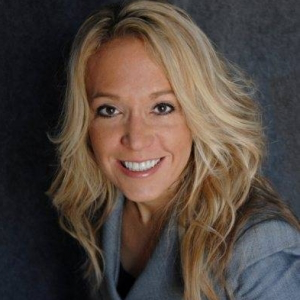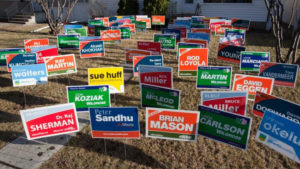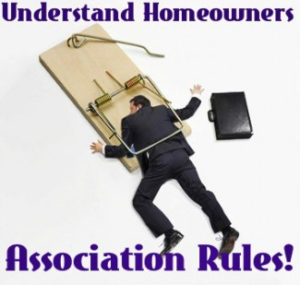Merry Christmas
Enjoy this rebroadcast over the holidays.
They sounded like such great ideas, so what could possibly go wrong? Instead of keeping residential America under the jurisdiction of local municipal governments, the trend was to put them in private enclaves where covenants ruled and where the notion of a contract was above the law. Add a few frills where everyone shares in the expense of amenities and you have heaven on earth. Right? Now expand the utopian lifestyle to the renters by converting apartments into condos and establishing special financing to help them get their foot on the first rung of prosperity and we are on our way.
As I write this, my mother’s words come back to haunt me; “If it sounds too good to be true, it probably is too good to be true.”
Professor Evan McKenzie joins us On The Commons this week. Evan was on the first radio show I ever did and I am delighted to have him join us as we mark our 15th anniversary of On The Commons.
Evan is a political science professor at the University of Illinois Chicago, he teaches law at the John Marshall School of Law, he is the author of Privatopia: Homeowner Associations and the Rise of Residential Private Government and Beyond Privatopia: Rethinking Residential Private Government. He maintains a blog at The Privatopia Papers where he discusses and follows the news and trends on associations. He is just back from a conference in Israel on private communities where he presented a paper titled: “Rethinking Residential Private Government in the United States: Recent Trends in practices and Policy”. Join us as Evan shares some of the problems and issues other countries are facing with their experiences in private communities, and how at least one country, Spain, deals with the “apathy” problem.





















